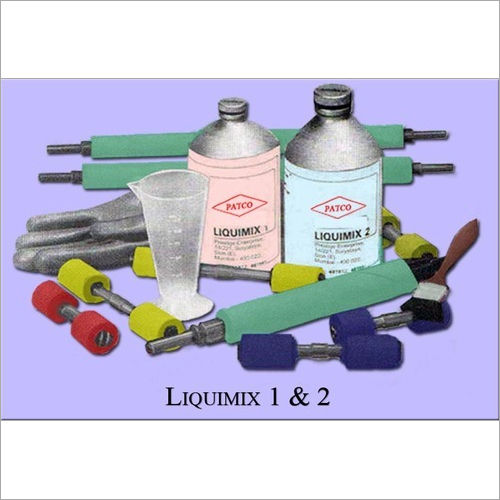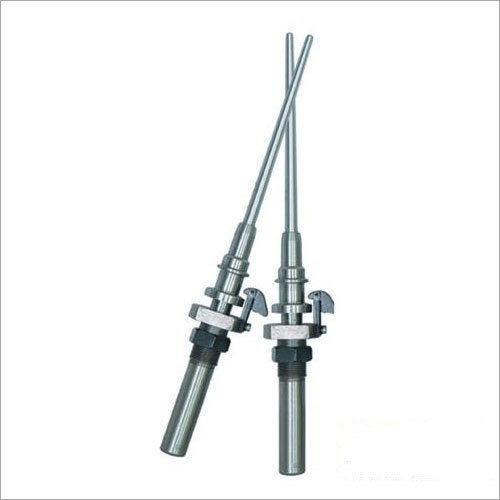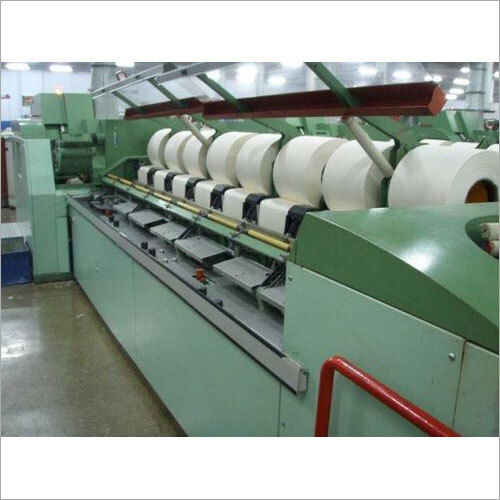Textile Sliver Cans

Product Details:
- Product Type Textile Machinery Accessories
3000 INR/Piece
X
Textile Sliver Cans Price And Quantity
- 3000 INR/Piece
- 1 Piece
Textile Sliver Cans Product Specifications
- Textile Machinery Accessories
Textile Sliver Cans Trade Information
- 7 Days
Product Description
The sliver cans are typically made of durable materials like metal or plastic and feature a cylindrical body with removable or hinged lids. They are available in different sizes and capacities to accommodate varying quantities of sliver. Sliver cans are designed to maintain the integrity of the sliver and prevent contamination or damage during handling and storage.
Frequently Asked Questions :
Q: What is the purpose of using textile sliver cans?
A: Textile sliver cans serve as storage and transportation containers for sliver, ensuring its protection and preservation during various stages of textile processing. They help maintain the alignment and quality of fibers, prevent contamination, and facilitate efficient handling and movement of sliver within the textile mill.
Q: What are the materials used in manufacturing sliver cans?
A: Sliver cans are commonly made from metal, such as aluminum or steel, or durable plastics like polypropylene. The choice of material depends on factors such as cost, durability, weight, and specific requirements of the textile manufacturing process.
Q: How do sliver cans protect sliver during storage and transportation?
A: Sliver cans provide a secure and enclosed environment for sliver, protecting it from external elements like dust, moisture, and mechanical damage. The lids of the sliver cans prevent contamination and help maintain the alignment and cleanliness of the fibers.
Q: Are sliver cans standardized in terms of size and capacity?
A: There are industry-standard sizes and capacities for sliver cans, but they can also be customized based on specific requirements. The size and capacity of sliver cans may vary depending on the type of sliver produced, the production volume, and the machinery used in the textile mill.
Q: How are sliver cans labeled or identified?
A: Sliver cans are typically labeled or marked with relevant information such as the batch number, fiber type, lot details, and any other necessary identification or tracking information. This labeling helps in traceability, quality control, and efficient inventory management.
Enter Buying Requirement Details





